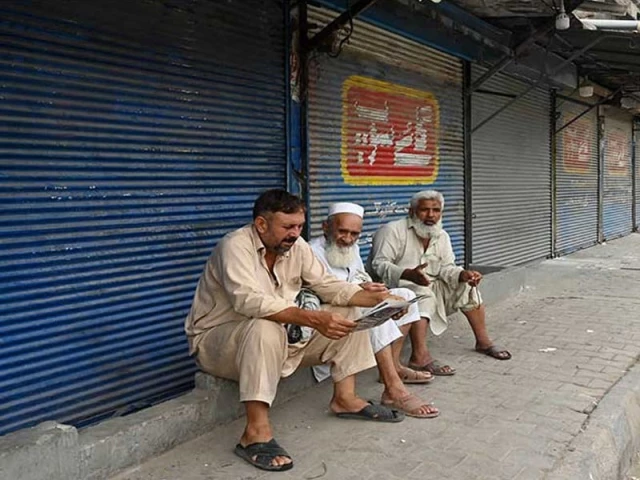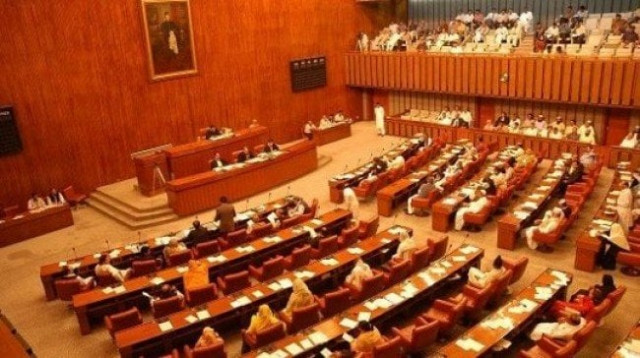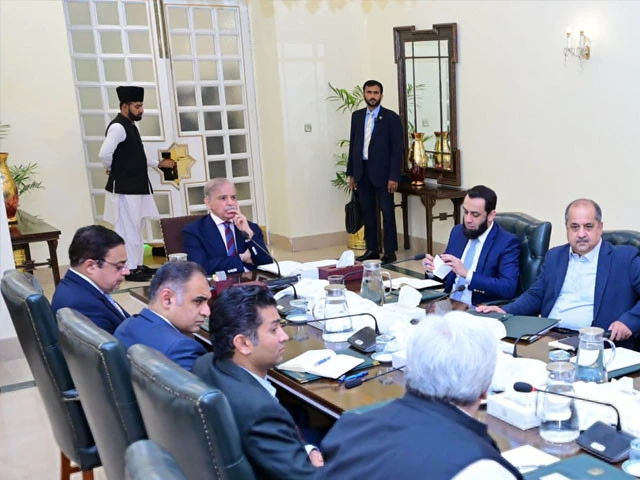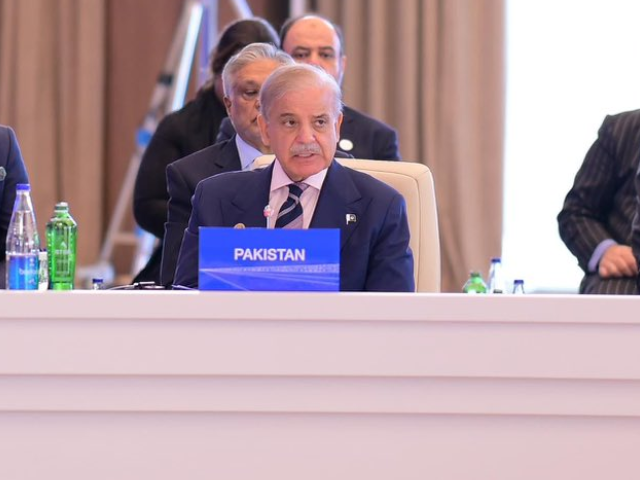New Government Measures: A Step Towards business Peace in Pakistan
In a bid to address ongoing protests from the business community, the federal government of Pakistan has unveiled fresh guidelines aimed at softening tax laws and enhancing communication between traders and the Federal Board of Revenue (FBR). The new measures, part of a thoughtful response to pressing demands, include a phased ban on major purchases, treating cash deposits as digital transactions, and ensuring that enforcement actions are closely tied to the consent of grievance redressal committees.
The FBR has issued two circulars clarifying the recent changes. Notably, the new approach aims to alleviate traders’ concerns regarding enforcement measures, which have been a focal point for protests in cities like Lahore and Karachi. Last month, traders shut down their shops in opposition to powers that allowed the FBR to arrest individuals for tax fraud, as well as the ability to classify a significant portion of cash expenses over Rs200,000 as taxable income.
Now, the FBR is taking a more collaborative stance. The board has announced that cash deposits against invoices will be considered as payments made through banking channels. This means that businesses won’t face disallowance of these expenditures, a noteworthy shift from previous positions.
Another significant change surrounds the enforcement powers related to tax fraud cases. Arrest warrants can be issued only after approval from a dedicated committee and only in cases involving amounts exceeding Rs50 million. This procedural safeguard aims to protect rights while still holding individuals accountable.
Moreover, the FBR is committed to improving transparency. They’re implementing multiple levels of approval before any extreme actions are taken, such as freezing bank accounts or sealing business premises. Public notices of hearings will be issued, ensuring that affected parties have a say before critical decisions are made.
As the FBR works through these changes, they emphasize the importance of consulting with business representatives before altering tax-related rules. This collaborative approach seeks to build trust and foster a more cooperative working environment between the government and the business sector.
In conclusion, these developments signal an important shift towards a more balanced relationship between tax enforcement and the realities of doing business in Pakistan. Collaborative engagement can potentially pave the way for a thriving economy—beneficial for all stakeholders involved.
If you’re interested in staying updated on these changes or want to explore how Pro21st can support your business needs in this evolving landscape, let’s connect!
At Pro21st, we believe in sharing updates that matter.
Stay connected for more real conversations, fresh insights, and 21st-century perspectives.





